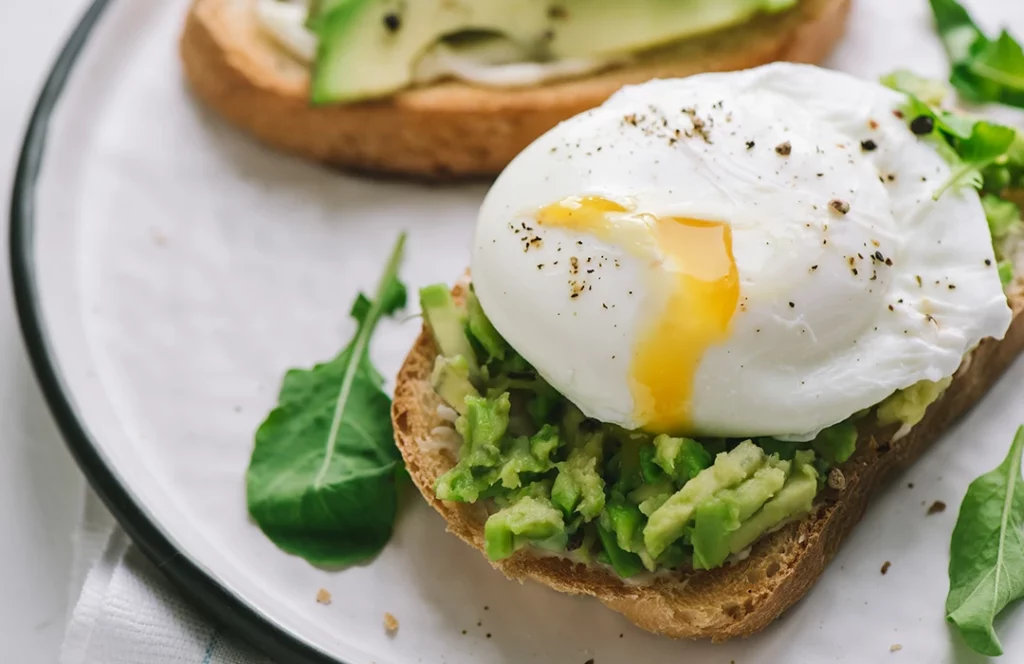Taking care of your brain health and memory increases in importance as you age. What can you do now to sustain your cognitive function? While there are no guarantees, the following six holistic habits increase your odds of remaining as sharp as a tack throughout your golden years.
1. Improve Your Diet
Your diet plays a considerable role in brain function. Certain nutrients influence neurogenesis — or the creation of new brain cells.
Resveratrol — the phytonutrient that made people think red wine was good for your heart — also protects brain health. However, excessive alcohol consumption isn’t recommended, so source yours from plain grapes, peanuts, dark chocolate and blueberries.
Magnesium helps you maintain healthy neurotransmitter levels for brain health. Seeds and nuts are particularly rich in this trace mineral. Additionally, eating the rainbow — consuming foods in various hues — goes a long way in ensuring you get all the nutrition you need for brain health. Each color corresponds to a different vitamin and mineral profile.
Omega-3 fatty acids are essential for brain health and come in three varieties — ALA, DHA and EPA. While you can find ALA in plant-based foods like flax and chia seeds, seafood such as shrimp and lobster is the primary source of DHA and EPA. Omega-3s also benefit your heart, and the American Heart Association recommends two or more servings weekly — include an extra cup of shrimp bisque for your brain.
2. Get More Movement
Physical exercise stimulates blood flow to your brain, delivering oxygen and all those vital nutrients consumed through your healthy diet. It also spurs growth in brain areas associated with memory and learning.
What activity you enjoy depends on you, but recent research suggests cardiovascular activity increases myelin — a type of brain tissue. Yoga reduces the inflammation that can damage the brain.
Use technology to inspire more daily movement. Biometric devices such as fitness watches remind you to stand up more frequently and hit your movement goals. Many apps and even YouTube feature workouts as short as five or 10 minutes, letting you squeeze in activity during spare moments.
3. Learn Effective Stress Management Techniques
Managing stress effectively may be the best thing you can do for your brain. However, the same activities don’t work for everyone. For example, while many find exercise helps them shake off tension, others consider it yet another obligation, negating some of the stress-busting effects.
Instead, find what you love to do, perhaps combining it with other healthy habits. For example, if you’re an extrovert who unwinds by talking, consider finding a partner who enjoys socializing while you stroll. If video games take your brain out of “go” mode, perhaps alternate seated, solo play with interactive sports games. Other stress management techniques some people find soothing include:
- Meditation, including guided meditation
- Deep breathing
- Walking in nature
- Working in the garden
- Participating in a beloved hobby
4. Quit Smoking
Smoking ages your brain prematurely, causing it to shrink in certain regions. Each cigarette increases your chances of cognitive decline and Alzheimer’s disease. Although quitting isn’t easy, taking advantage of free resources and support groups can make it more doable.
5. Cut Back on Alcohol
If you don’t drink, don’t start — you can get your resveratrol without alcohol. If you do drink, consider cutting back to the recommended limit of no more than one drink per day for women and two for men. Recent research suggests no amount of the sauce is truly safe, and excess alcohol consumption increases your risk of cancer and brain damage.
6. Discuss Your Prescriptions With Your Doctor
The average consumer doesn’t know how certain medications may impact their brain health. In particular, certain prescriptions — including opioids and psychiatric medications such as benzodiazepines — may increase your risk of dementia.
Discuss your medication regimen at least once a year at your annual checkup. Be sure to mention any other drugs you take regularly.
What Contributes to Memory Problems?
One huge contributor to memory problems at any age is stress. Research shows mixed results concerning precisely how stress impacts brain health, as many people distinctly remember specific details during certain traumatizing events. However, most studies suggest prolonged, chronic stress disrupts spatial learning and memory, altering your recollection of events.
Stress sets off a chemical cascade in your body that can promote ongoing inflammation when it becomes chronic. The CARDIA study in July of 2024 revealed those with higher levels of the inflammatory marker C-reactive protein correlated with lower cognition and executive function.
Other behaviors also increase systemic inflammation, including a lack of physical exercise, a poor diet, and exposure to environmental toxins like smoke and alcohol. Reducing inflammation by addressing factors within your control protects brain health and memory.
Unfortunately, factors beyond your control can also impact your brain health. For example, some forms of Alzheimer’s have a strong genetic component, but your DNA is not your destiny. The science of epigenetics explains how lifestyle choices can influence the expression of specific genes, and making better decisions can still reduce your risk of developing the disease.
Knowing what contributes to memory problems helps when devising the best strategy for sustaining brain health. Understanding your risk factors enables you to design a program that realistically suits your lifestyle while bringing you the greatest benefits.
Try These Holistic Therapies for Brain Health and Memory
Understanding what causes brain health and memory issues helps you determine the right holistic interventions for healthier cognition as you age. Improving your diet, getting more movement and managing stress increase your chances of retaining your mental faculties as you age. Avoiding unhealthy habits that increase inflammation is the other part of the puzzle. Analyze your risks and take proactive steps to stay sharp throughout your golden years.
Read more health & wellness stories HERE







